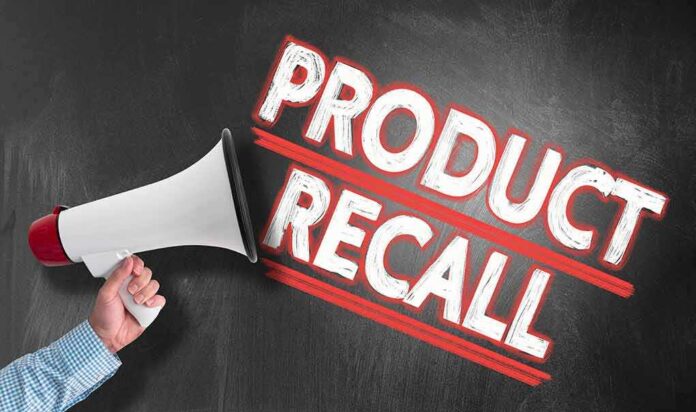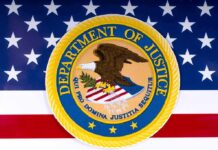The FDA’s highest alert recall has been issued for 64,000 pounds of Chicken of the Sea shrimp sold at Whole Foods nationwide, putting asthmatics and sulfite-sensitive consumers at risk of potentially fatal reactions from undeclared preservatives.
Key Takeaways
- The FDA classified a voluntary recall of Chicken of the Sea’s “Raw P&D Tail-On White Shrimp” as Class I on June 24, indicating serious health risks including possible death.
- Approximately 64,000 pounds (3,200 cases) of frozen shrimp were distributed to Whole Foods stores across the United States.
- The recall was initiated due to undeclared sulfites, which can cause severe reactions in sensitive individuals, particularly those with asthma.
- The affected products were sold in 5-pound frozen packages with UPC code: 1 08432370 0405 5 and specific lot numbers.
- Less than 1% of the U.S. population is estimated to be sulfite-sensitive, though the percentage is higher among asthmatics.
Nationwide Recall Targets Whole Foods Shrimp Products
In a significant food safety action, Tri-Union Frozen Products, operating as Chicken of the Sea Frozen Foods, initiated a voluntary recall of approximately 64,000 pounds of their “Raw P&D Tail-On White Shrimp” on May 6. The FDA elevated this to a Class I recall on June 24, their most serious classification reserved for situations where there is a reasonable probability that consuming the product will cause serious adverse health consequences or death. The recall affects about 3,200 cases of frozen shrimp that were distributed exclusively to Whole Foods stores across the nation.
The Canadian Food Inspection Agency first announced the recall from distributor Seven Seas Fish Co. Ltd. The affected products were sold to Whole Foods USA locations and used in their in-store deli departments. Customers who purchased these products should immediately check package details including the UPC code: 1 08432370 0405 5 and specific lot numbers. The shrimp were packaged in 5-pound individually quick frozen (IQF) blocks, with four blocks to a case, making identification of the affected products straightforward for consumers who may have purchased them.
Health Risks Associated With Undeclared Sulfites
The primary concern prompting this recall is the presence of undeclared sulfites in the shrimp products. Sulfites are commonly used as preservatives in many foods, but they can trigger potentially life-threatening reactions in sensitive individuals. Those with asthma are particularly vulnerable, with symptoms ranging from mild wheezing to severe breathing difficulties requiring emergency medical intervention. The FDA estimates that less than 1% of the U.S. population is sulfite-sensitive, but this percentage increases significantly among those diagnosed with asthma.
The lack of proper labeling represents a serious food safety violation, as it prevents consumers with known sensitivities from making informed purchasing decisions. For those with sulfite sensitivities, consuming these undeclared additives could lead to anaphylaxis, a severe and potentially fatal allergic reaction that requires immediate medical attention. This oversight in ingredient disclosure highlights ongoing challenges in food supply chain management and transparency, especially concerning imported seafood products where processing standards may vary considerably.
Response and Ongoing Monitoring
Both Whole Foods Market and the FDA continue to monitor the situation closely. The recall remains active, with updates being provided through official channels. Consumers who have purchased the affected shrimp products are advised not to consume them and to return them to the point of purchase for a full refund. The company has not yet reported any confirmed illnesses related to the undeclared sulfites, but the Class I recall classification indicates the severity of the potential risk.
This recall underscores the critical importance of accurate food labeling and the potential consequences when ingredients are not properly disclosed. It also highlights the FDA’s vigilance in monitoring food safety issues and taking prompt action to protect public health. Consumers with questions about the recall can contact Whole Foods customer service or the FDA for additional information. The regulatory response demonstrates President Trump’s administration’s continued commitment to maintaining rigorous food safety standards and protecting American consumers from potentially harmful products.











